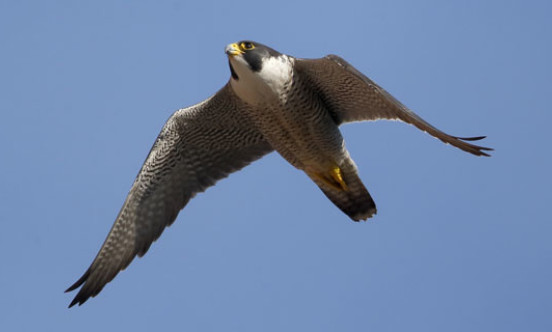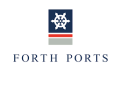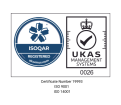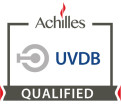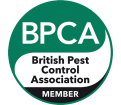
Call 0333 567 2020 for advice and quotes or contact us online
Peregrine falcon proofing at power station
Gallery
Minimising delays and project costs for power station team
Previously peregrine falcons didn’t pose any problems but roof works were due to be completed in 2015. The bird’s previous activity at the site meant that there was a high risk of conflict with the project due to potential nesting and breeding.
All UK bird species are protected by law, it’s illegal to kill, injure, remove or disturb nests knowingly or unknowingly. If the peregrine falcons began nesting it would be a minimum of 3 months before the chicks would leave the nest which would cause delays and additional costs as project work would have to cease.
Project overview
A UK power station began decommissioning in 2002 and Peregrine falcons had taken up residence nesting on a reactor roof. The peregrine falcons may have chosen the location due to its height providing a wide vantage point of the surrounding environment and the availability of food.
Our solution
Clearly delays were not an option for the contractor so the most suitable solution was to restrict access to potential nesting sites by proofing the areas off using bird netting. It took 4 men, 2 weeks and over 1700 square metres of bird netting to two reactors to close the area off. Bird netting prevents access to the nesting points attractive to the peregrine falcons thereby removing the risk of nesting birds.
Whilst this solution met the contractor’s requirements and removed the risk of the peregrine falcons nesting and breeding in work areas it left the birds without any suitable nesting sites. As part of the project our bird control team erected nest boxes at strategic points to encourage the peregrine pair to take up residence. This not only discouraged the peregrines from potentially sensitive areas at the power station but provided safe sites allow their breeding to continue undisturbed.
For advice on effective bird mitigation measures call your local team on 0333 567 2020.
